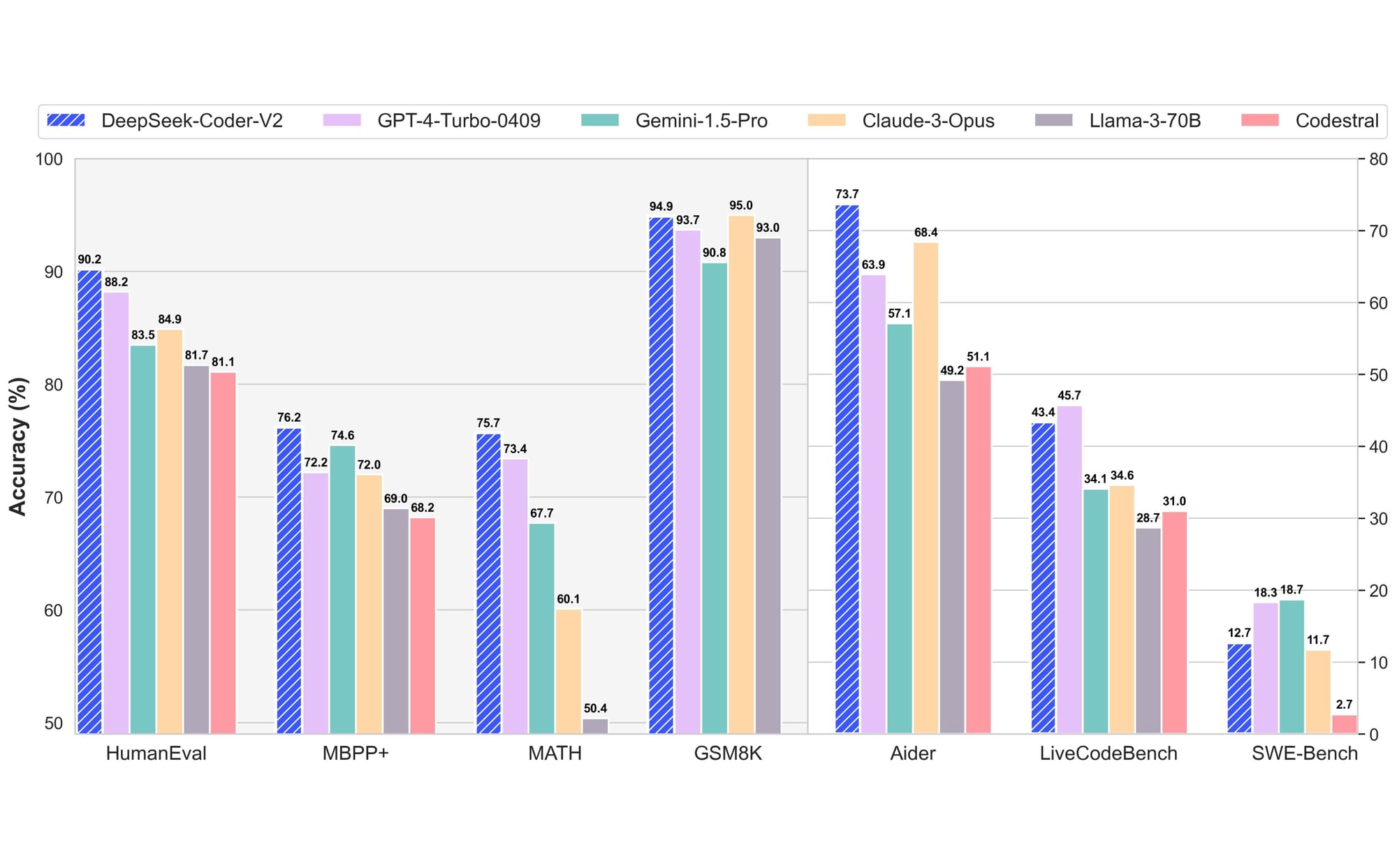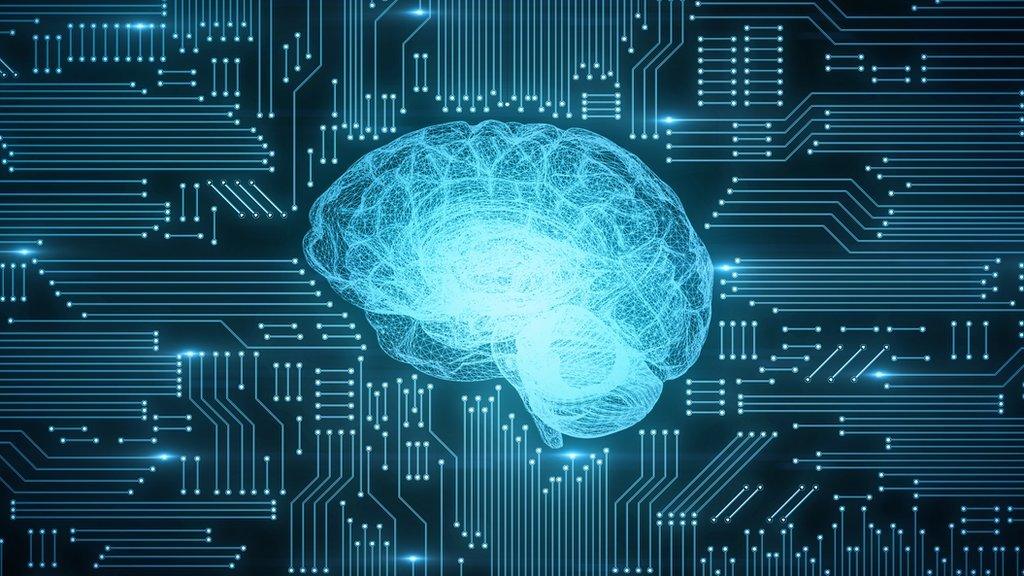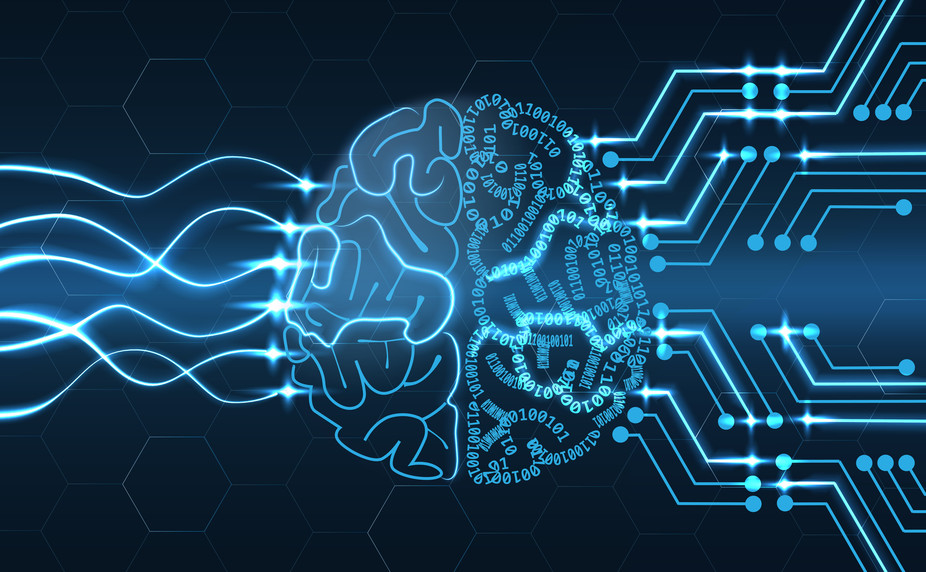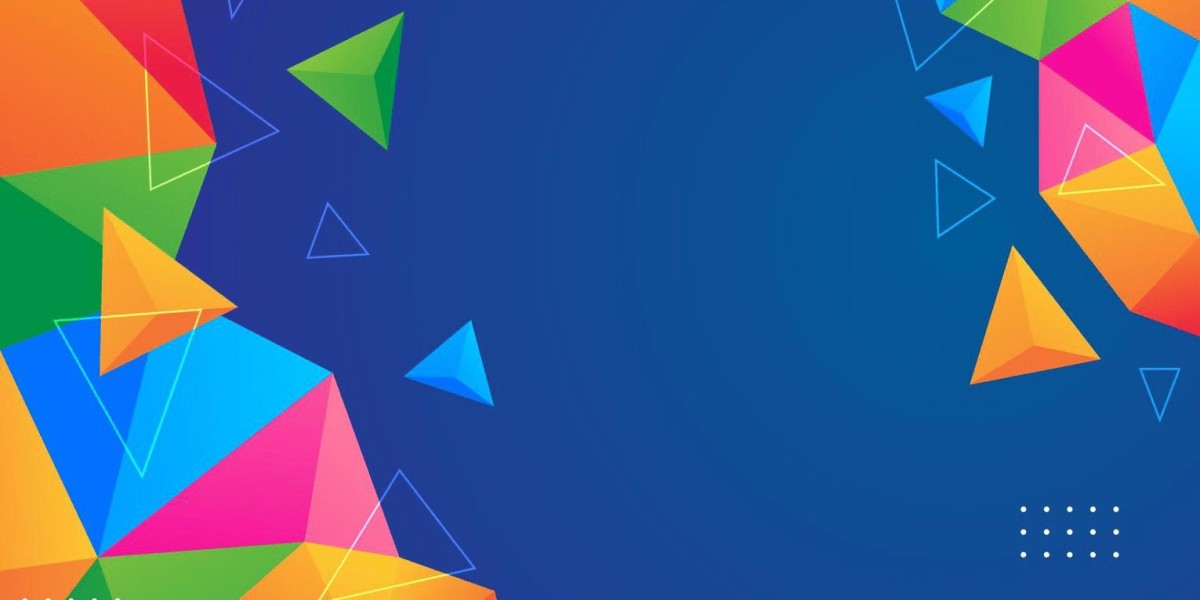
Expert System (AI) is transforming education while making discovering more accessible but likewise triggering debates on its effect.

While students hail AI tools like ChatGPT for improving their knowing experience, speakers are raising issues about the growing dependence on AI, utahsyardsale.com which they argue fosters laziness and weakens academic stability, specifically with lots of students unable to protect their projects or given works.

Prof. Isaac Nwaogwugwu, a speaker at the University of Lagos, in an interview with Nairametrics, revealed aggravation over the growing dependence on AI-generated responses among trainees stating a current experience he had.
RelatedStories
Avoid sharing individual info that can identify you with AI tools- Expert cautions
Chinese AI app DeepSeek sparks international tech selloff, challenges U.S. AI supremacy
"I gave a project to my MBA students, and out of over 100 trainees, about 40% sent the specific very same answers. These trainees did not even understand each other, but they all used the exact same AI tool to create their reactions," he stated.
He noted that this trend prevails among both undergraduate and postgraduate trainees however is especially worrying in part-time and range knowing programs.
"AI is a serious difficulty when it pertains to assignments. Many students no longer believe critically-they simply browse the web, create responses, and submit," he included.
Surprisingly, some speakers are likewise accused of over-relying on AI, setting a cycle where both educators and trainees turn to AI for convenience instead of intellectual rigor.

This debate raises crucial questions about the role of AI in academic stability and student advancement.
According to a UNESCO report, while ChatGPT reached 100 million regular monthly active users in January 2023, only one country had launched regulations on generative AI as of July 2023.
As of December 2024, ChatGPT had more than 300 million individuals using the AI chatbot every week and 1 billion messages sent out every day around the world.
Decline of academic rigor
University speakers are increasingly concerned about trainees submitting AI-generated tasks without genuinely comprehending the material.
Dr. Felix Echekoba, a lecturer at Nnamdi Azikiwe University, revealed his concerns to Nairametrics about trainees increasingly counting on ChatGPT, only to struggle with addressing fundamental questions when evaluated.
"Many trainees copy from ChatGPT and send refined assignments, however when asked fundamental questions, they go blank. It's frustrating due to the fact that education is about finding out, not just passing courses," he said.
- Prof. Nwaogwugwu mentioned that the increasing variety of first-rate graduates can not be entirely credited to AI but admitted that even high-performing students utilize these tools.
"A superior student is a superior student, AI or not, but that doesn't mean they do not cheat. The benefits of AI might be peripheral, but it is making trainees dependent and less analytical," he stated.
- Another speaker, Dr. Ereke, from Ebonyi State University, raised a various concern that some speakers themselves are guilty of the same practice.
"It's not simply students utilizing AI slackly. Some speakers, out of their own laziness, create lesson notes, course details, marking schemes, and even examination questions with AI without evaluating them. Students in turn utilize AI to produce answers. It's a cycle of laziness and it is killing genuine learning," he regreted.
Students' viewpoints on use
Students, on the other hand, state AI has improved their knowing experience by making academic products more easy to understand and oke.zone accessible.
- Eniola Arowosafe, a 300-level Business Administration trainee at Unilag, shared how AI has actually considerably aided her learning by breaking down complex terms and providing summaries of prolonged texts.
"AI helped me comprehend things more quickly, particularly when dealing with intricate subjects," she described.
However, she remembered an instance when she utilized AI to submit her task, only for her speaker to right away acknowledge that it was generated by ChatGPT and decline it. Eniola noted that it was a good-bad impact.
- Bryan Okwuba, who recently graduated with a first-class degree in Pharmacy Technology from the University of Lagos, securely thinks that his academic success wasn't due to any AI tool. He associates his exceptional grades to actively interesting by asking questions and focusing on locations that speakers emphasize in class, as they are typically shown in examination questions.
"It's everything about being present, focusing, and taking advantage of the wealth of understanding shared by my colleagues," he stated,
- Tunde Awoshita, a final-year marketing trainee at UNIZIK, disgaeawiki.info admits to occasionally copying straight from ChatGPT when dealing with several deadlines.
"To be truthful, there are times I copy straight from ChatGPT when I have several due dates, and I know I'm guilty of that, many times the lecturers don't get to check out them, however AI has actually also assisted me discover quicker."
Balancing AI's function in education
Experts think the option depends on AI literacy; teaching trainees and speakers how to use AI as a knowing help rather than a faster way.
- Minister of Education, Dr. Tunji Alausa, highlighted the integration of AI into Nigeria's education system, stressing the importance of a balanced technique that maintains human involvement while utilizing AI to improve learning outcomes.
"As we navigate the quickly progressing landscape of Artificial Intelligence (AI), it is crucial that we prioritise human agency in education. We should ensure that AI enhances, instead of changes, educators' important role in shaping young minds," he said
Concerns over AI in Learning
Dorcas Akintade, a cybersecurity improvement expert, attended to growing concerns relating to using artificial intelligence (AI) tools such as ChatGPT and their potential threats to the academic system.
- She acknowledged the benefits of AI, nevertheless, emphasized the requirement for care in its usage.
- Akintade highlighted the increasing resistance among educators and schools toward integrating AI tools in discovering environments. She identified 2 primary reasons that AI tools are prevented in academic settings: security threats and plagiarism. She discussed that AI tools like ChatGPT are trained to react based upon user interactions, which may not align with the expectations of teachers.
"It is not looking at it as a tutor," Akintade said, discussing that AI doesn't accommodate specific mentor methods.
Plagiarism is another concern, as AI pulls from existing information, typically without appropriate attribution
"A lot of people need to understand, like I said, this is data that has actually been trained on. It is not simply bringing things out from the sky. It's bringing info that some other people are fed into it, which in essence implies that is another person's documents," she cautioned.
- Additionally, Akintade highlighted an early problem in AI advancement called "hallucination," where AI tools would generate information that was not factual.
"Hallucination suggested that it was drawing out information from the air. If ChatGPT could not get that details from you, it was going to make one up," she described.
She recommended "grounding" AI by providing it with specific information to prevent such mistakes.
Navigating AI in Education
Akintade argued that prohibiting AI tools outright is not the solution, pipewiki.org especially when AI provides a chance to leapfrog traditional academic approaches.
- She believes that consistently reinforcing key info assists individuals keep in mind and avoid making mistakes when faced with difficulties.
"Immersion brings conversion. When you inform people the same thing over and over again, when they are about to make the errors, then they'll remember."
She also empasized the need for clear policies and treatments within schools, noting that lots of schools need to resolve the people and procedure aspects of this usage.
- Prof. Nwaogwugwu has actually turned to in-class assignments and tests to counter AI-driven academic dishonesty.
"Now, I mainly use tasks to make sure students offer original work." However, he acknowledged that handling big classes makes this technique tough.
"If you set intricate concerns, trainees will not have the ability to utilize AI to get direct responses," he described.

He highlighted the requirement for universities to train lecturers on crafting exam questions that AI can not easily fix while acknowledging that some lecturers struggle to counter AI abuse due to a lack of technological awareness. "Some speakers are analogue," he stated.
- Nigeria released a draft National AI Strategy in August 2024, concentrating on ethical AI advancement with fairness, openness, responsibility, and personal privacy at its core.
- UNESCO in a report requires the policy of AI in education, advising organizations to examine algorithms, data, and outputs of generative AI tools to ensure they satisfy ethical requirements, protect user information, and filter improper material.
- It stresses the requirement to evaluate the long-lasting impact of AI on important abilities like thinking and creativity while developing policies that align with ethical structures. Additionally, UNESCO advises executing age restrictions for GenAI use to secure younger students and secure susceptible groups.
- For federal governments, it encouraged embracing a coordinated national approach to controling GenAI, consisting of establishing oversight bodies and lining up regulations with existing data security and privacy laws. It stresses evaluating AI risks, imposing stricter rules for high-risk applications, and guaranteeing national data ownership.









